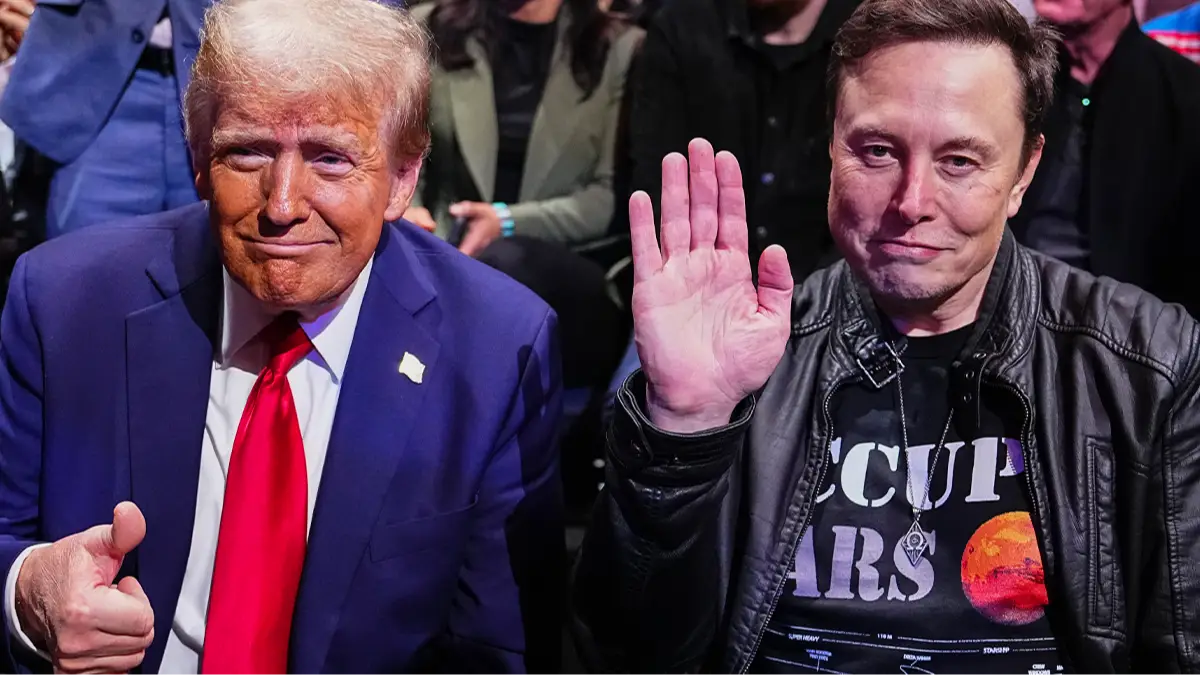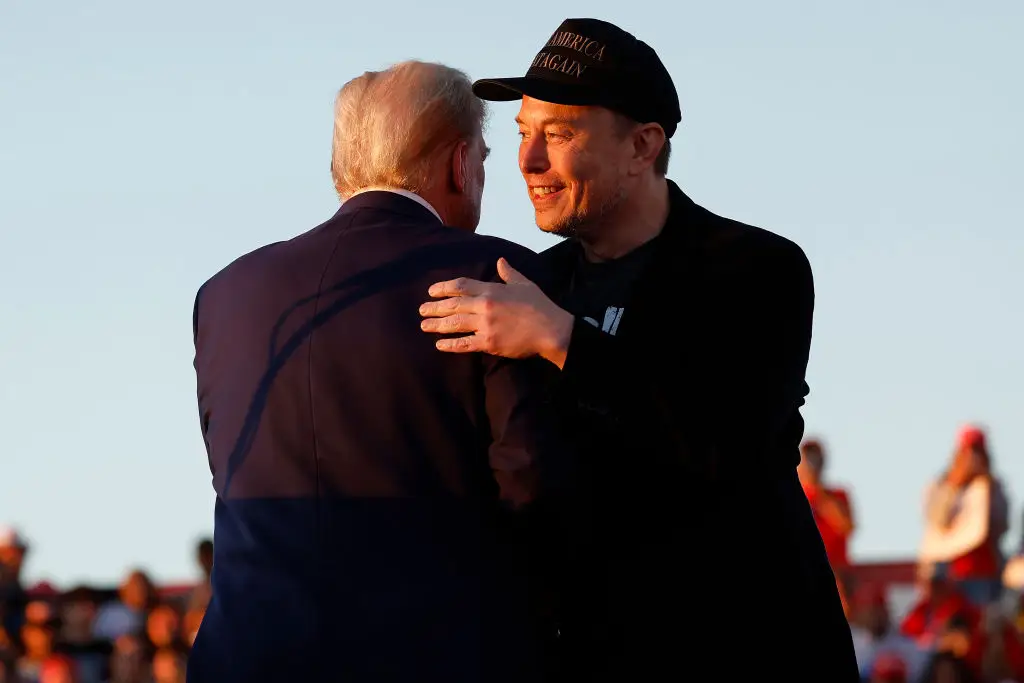
Earlier this week, Donald Trump made clear that he wasn't totally against the idea of deporting Elon Musk - but could the president actually get rid of the richest person in the world?
It was only a few months ago that Trump and Musk presented themselves in the White House as best buddies, attempting to cut back on spending in the US through the Department of Government Efficiency (DOGE).
Fast-forward to 1 July, when Trump was asked by reporters if he was going to 'deport' Musk and responded: "We'll have to take a look."
The pair have come to blows in part over Trump's 'Big, Beautiful Bill', with the president adding: "[Musk is] upset that he’s losing his [electric vehicle] mandate."
Advert
"He could lose a lot more than that, I can tell you right now. Elon could lose a lot more than that."

Musk later hit back with an ominous post, writing: "So tempting to escalate this. So, so tempting. But I will refrain for now."
With ties to Tesla, X (aka Twitter) and SpaceX, all of which have their headquarters in the US, it's safe to say Musk has firmly rooted himself to the country - but the businessman wasn't born in the US, and instead moved there in the 1990s after having been born in Pretoria, South Africa in 1971.
In October 2024, Musk claimed that he had been allowed to work in the US due to his visas, saying: “I was on a J-1 visa that transitioned to an H1-B."
J-1 visas allow foreign nationals to participate in work- and study-based exchange visitor programs, while a H-1B allows US employers to temporarily employ foreign workers in specialized occupations.
According to a biography of Musk written by journalist Walter Isaacson, the entrepreneur then became a naturalized US citizen in 2002.

In order to become a naturalized citizen, individuals must have a green card and have lived continuously in the US for five years, or three years if they are married to a US citizen.
However, it is possible for naturalized US citizens to lose their status if they commit crimes such as terrorism or human rights violations, or if they're found to have obtained their citizenship through fraud, the US government explains.
They can also lose their citizenship if they commit an act of treason against the US, or run for public office or join the military of a foreign country.
So, while US citizens cannot be deported, Musk could be at risk of losing his citizenship if he were found to have violated the terms surrounding the status.
Commenting on Musk's case, Michael Kagan, professor of law at University of Nevada, Las Vegas, told AlJazeera it is 'unlikely' that he will be deported.
Kagan said: “Denaturalization is limited to cases where the government can prove material fraud in their original applications. It is rare and unlikely for [Musk]... This appears to be irresponsible rhetoric designed to intimidate political opponents.”
Topics: Donald Trump, Elon Musk, Politics, US News